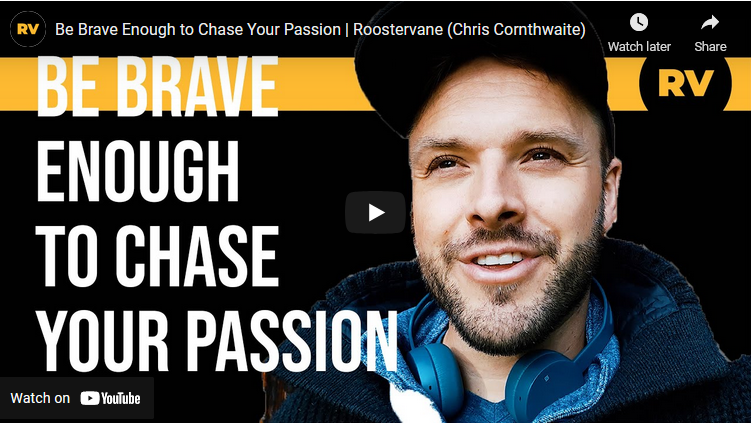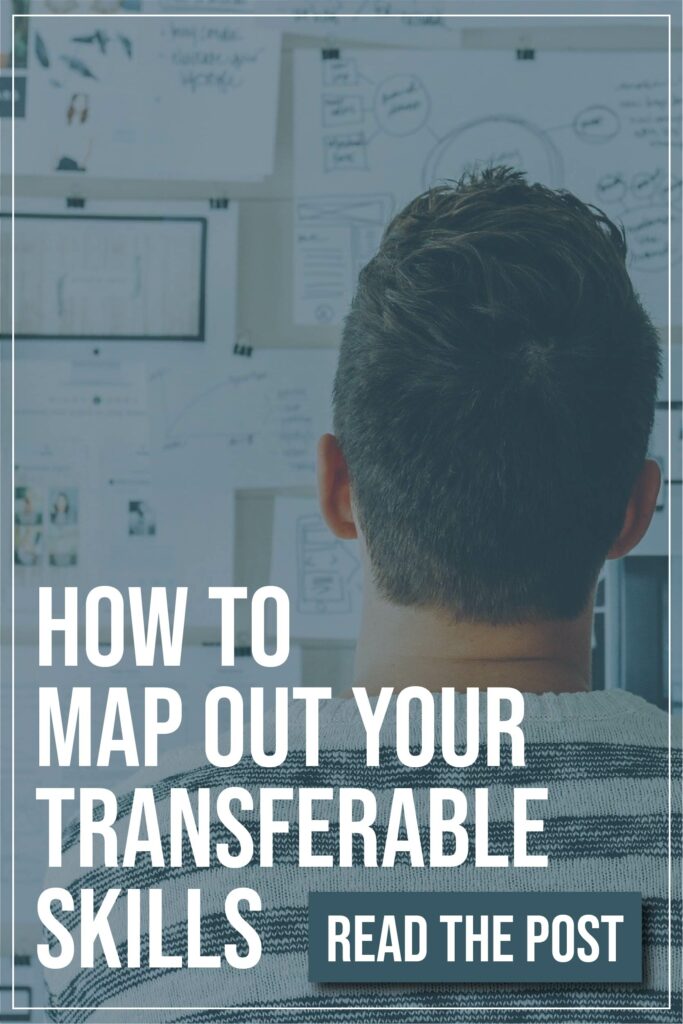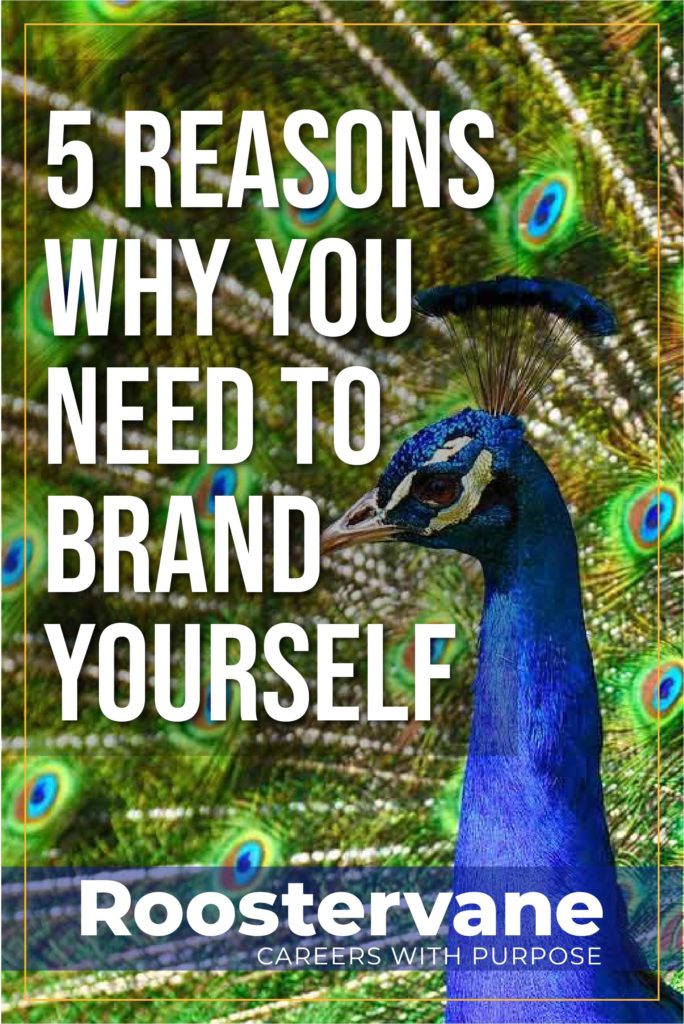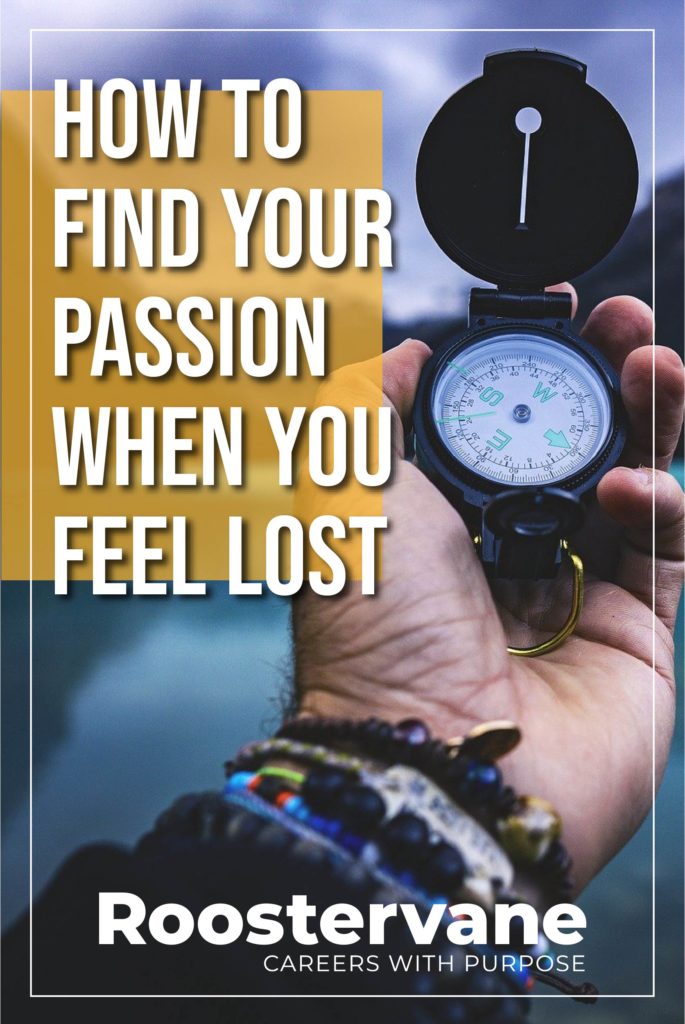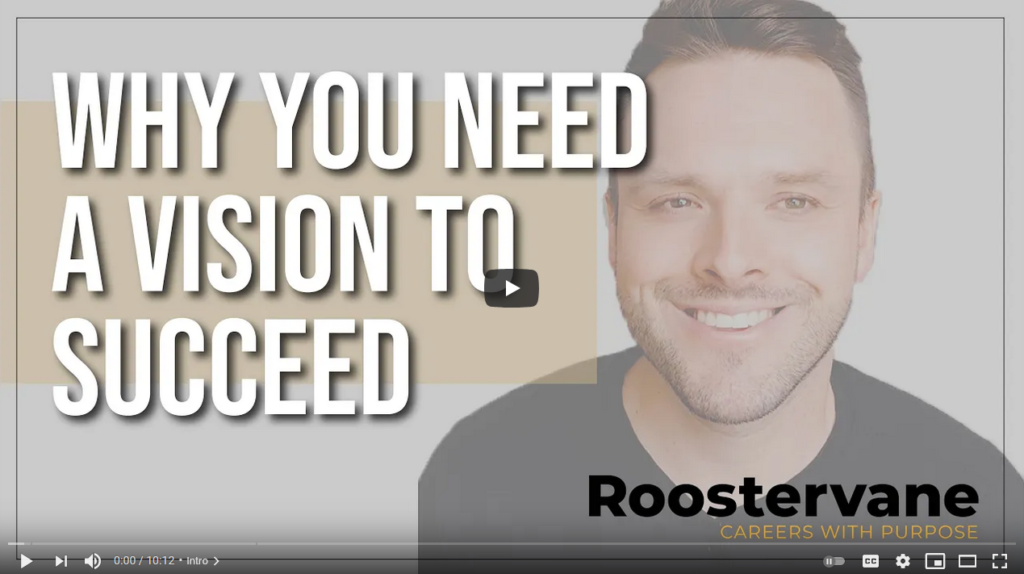There’s something magical that happens when I write. Maybe you’ve felt this too. I usually pop some music in my ears–I’ve been known to have Hans Zimmer’s “Time” on repeat for an hour–and disappear into another world.
I hope you’ve experienced this sheer joy at some point in your life. It’s the joy of creating something. It’s what psychologist Mihály Csíkszentmihályi called “flow.”
You know that famous question, “What do you do?”
Well, I realized what it is I do. At least part of me is a writer.
It took me years to realize it. My life doesn’t look like Hemingway in Paris, but still… I’m a writer.
People always told me, “Writers never make any money” or “You can’t make a living with that.
I beg to differ. I rocked at public policy, hitting six figures with a humanities degree. I have a side gig speaking and consulting that started from this blog. My grant writing has brought in hundreds of thousands of dollars. CEOs, politicians, and leaders of all stripes have joined projects by reading my proposals. Hundreds of thousands of people have read my blog. My writing has been read by everyone from lost teenagers to cabinet ministers.
So tell me again why you can’t be a writer? Cause it sure can take you places.
In the famous debate between whether you should follow your passions or follow the money, I’ve always landed with a foot in each camp.
Why are these two mutually exclusive? Why can’t you get paid to pursue your passions?
I believe doing this requires answering one question…
Where does your passion collide with what the marketplace needs?
Some people hear this question and think I’m asking if you’d rather be an engineer or a teacher. I’m here to tell you that the world doesn’t work like this anymore. That was the old world, and the people who get funneled into these old-world careers will not have easier work lives than people who think creatively about their careers.
We live in a different world than the one our parents prepared us for. People are making 6-figures building Lego on YouTube, posting travel photos on Instagram, and blogging about their food. When I was a kid in the 90s, people barely used email, much less the email-marketing software that I create my courses with.
Everything. Is. Different.
It’s the reason I believe that career exploration should almost never start with the question of “What job can I get?” (I wrote about how to create an exciting vision for your career in this post).
The reason I wanted you to start with asking “What makes me come alive?” instead of “What job can I get?” is that people all over the world get paid GOOD MONEY to do the thing that makes them come alive.
The career thinking of Gen X does not serve us well. I thought a career meant going to an office, working for a crappy boss, and doing something that we didn’t LOVE but that we were suited for. Giving your life to something that you hated was considered a worthy trade-off for benefits, a pension, and weekends sitting on the deck drinking beer.
My friend, it’s a beautiful time to be alive if you embrace the new reality. We are living in a passion-driven economy. I know musicians who make bank composing scores for commercials and illustrators who are making $100k freelance working on kids’ books.
So, I hope you were brave and bold when you identified the thing that makes you come alive. Because if you know, or even sort of know, what that is, you can ask the next question.
How can I get paid to do the thing that makes me come alive?
You need to find somebody who’s willing to pay for what you have. In the old world, this was a simple equation. A teacher had the ability to teach, a school needed to have a teacher, and so an exchange of value was made– a paycheck for teaching. A plumber knows how to fix pipes, people with broken pipes need them fixed, and so a plumber is always in demand.
I say this a lot, and I’m going to keep saying it. EVERYTHING HAS CHANGED. For example, businesses need to have an online presence. They need local web developers, designers, and social media marketers, to boost their presence and sales. When I came out of high school in 2003, nobody ever told me I could make a great living helping businesses go digital. It wasn’t on our radar yet.
If you love posting pictures on Instagram, you can get a full-time job doing that. I have a friend in government who makes $90,000 posting on LinkedIn and Twitter.
This phenomenon combined with the experience economy means that even fair trade coffee roasters and furniture makers can make a great living by creating , and startup entrepreneurs . . . everywhere I turn people are doing the thing they love and getting paid for it.
I know a lot of PhDs and Master’s grads who do advanced scientific research or work in public policy, taking their finely-tuned knowledge and applying it. But I also know many who struggled to get a job “in their field,” and instead had to leverage their finely-tuned skills in project management into a great job or consulting gig. And—by the way—consulting, that is, bringing your expertise to a project for a short time and getting paid for that work, has never been bigger.
Read the related post – 7 Easy Steps To Launch Your Consulting Business This Week
There’s a great chance you can get paid to do what you love!
The internet has had a tremendous amplifying effect to help people find a market for what they do. In the old world, a kid who loved Norwegian death metal might be an anomaly in their town. Now that same kid reviews new albums online and makes $100k a year. There are people starting websites and blogs and making millions off the most random niches you’ve never heard of.
Whatever you love to do, there are people who want to hear about it.
And what about the people in the old world? Some will always be there. Some careers aren’t going anywhere. If your passion is to be a nurse or a plumber, you’ll probably find work.
But it’s ironic that some people are turning their back on their passions and chasing “safe” old-world careers, only to discover that the “safe” degree offers nothing but debt and disappointment.
There’s never been a better time to do what makes you come alive.
Read the related post – 5 Steps to Getting Paid to Do What You Love. It Might Not Be as Hard as You Think.
Here’s what you need to do. . .
So, your “job” is to find people who pay or would pay for the type of thing that you like to do. If you love to do biological research, this might be a simple task. Find a research company and work for them. If you love politics and have a political science degree, perhaps you need to work for politician as an aid or as a policy analyst.
In some cases, this might be a little more challenging. If you love scrap booking, chances are you will have to build something yourself that brings people to you before you can make a living. But if that’s what you want to do, why not start working on it? Even on the side?
Since I’m the guy who talks about degrees a lot, where does your degree fit into all of this? Well, it doesn’t have to. If you are somebody who has done the wrong thing and desperately needs a change of direction, do that. The world won’t end. But—oh my Lord—that that type of a change takes a tremendous amount of courage. I’d rather live a life I love than stay miserable because of the sunken costs fallacy, but… you know… turning your back on IT ALL is a big step.
Still, if it’s where you’re at, I got you.
Ok, so if you aren’t giving up your degree and experience and going to grow organic veggies, your formal education probably connects in one of two ways.
- You may still love your subject matter and want to work in that field. Perhaps you have a specialty, say pharmaceutical research, that you can do. People will pay for that.
- You may re-purpose the skills you gained during your degree and put them to work on a new problem.
You’ll need to experiment a bit to see what fits. I used the transferable skills from my humanities degrees to do research, writing, and project management. But these left me unhappy. When I discovered content writing and online marketing, it was my “aha” moment. I discovered what I love to do. I had spent 15 years of education learning how to write. There is a lot to unlearn to become a content writer, but it was still a transferable skill that I now use everyday. I wrote this post about taking stock of your transferable skills!
Nothing is ever wasted! As much as I didn’t love research, I still learned a crap ton that helps me with running Roostervane.
Here are 5 questions to get paid to pursue your passions
- If I know the thing I love to do, who pays for that sort of thing?
- Does a company pay people to do that sort of thing? Or, is it something that individuals pay for on their own?
- Is there a problem that people have that I could solve with what I love to do? Or, is there an interest the people spend money on that I know how to do?
- Is there any market for the things that I know? Does anybody pay for the information or knowledge that I have?
- Is there a market for the skills that I have? Do people get paid to use these skills?
How can I get an income?
If you can identify where people are getting paid to do the type of thing you want to do, you can begin to hatch a plan! So, get researching! Do job searches. Find people online and figure out how they’re making money. Look on different people’s profiles on LinkedIn. Find out who is doing work that interests you—no matter what the work is.
Don’t apply for any jobs. Don’t reach out to anyone yet. Just look. If you’re anything like I was, you’ve probably been doing this all along. But stop looking for what you can do and start looking for people doing things that might make you come alive.
Read More:
